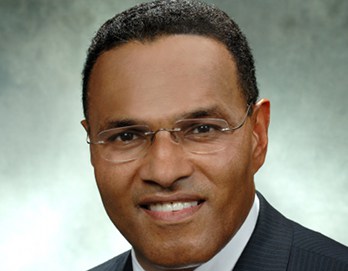 Beccastone: What kinds of career opportunities are available to minority students in the sciences?
Beccastone: What kinds of career opportunities are available to minority students in the sciences?
Dr. Freeman Hrabowski: In my view, the areas that offer some of the most exciting and rewarding career opportunities to students with math and science backgrounds are healthcare; the environment and energy; and technology, intelligence, and security. These areas play a vital role in our economy and are expected to see significant job growth. In these fields, students can do important things for the community, such as scientific research to cure chronic diseases like diabetes and high blood pressure. They can analyze how different events and products impact the environment and affect our lives. They can use technology to protect our country and support development in other countries. For example, two of the biggest challenges in developing countries are clean water and basic health care. Providing clean water involves engineering expertise, and basic health care requires scientific and medical learning. So, my message to young people is that math and science give them a strong foundation that allows them to help make our world a better place.
Q: Why is it important that more minority kids become interested in math and science careers?
DFH: Minorities face many health challenges and have more health problems than other groups. We need to get young people interested in finding solutions to these challenges. Research shows that most Black doctors have mostly Black patients. We need to train more minority doctors to serve our community. Plus, it is important for minorities to become math and science teachers. When students see teachers who are people of color, this encourages students to believe they, too, can achieve in these subjects.
Beccastone: What can parents do to help their children become good math and science learners?
DFH: I have written two books on this topic: “Beating the Odds” and “Overcoming the Odds.” These books reflect the voices of successful African American young males and females and of their mothers and fathers. In other words, I get a lot of questions from parents asking “What can I do to get my child interested in math after the 4th grade?” My colleagues and I decided to listen to the parents of successful students. We found that many of these parents use activities to show kids the connections between math and the real world. For example, some parents use cooking to teach mathematics; others use money to teach fractions and proportions. Some parents take their kids to science centers for hands-on activities and demonstrations. My other suggestion is to focus on the reading skills of your children. Their first math and science problems will probably be expressed in words. Also, use Legos as young as possible. Pick up something they like and start experimenting — encourage them to ask questions. If you don’t know the answer, you can find out almost anything on the Internet. The worst thing a parent can do to inquiring children is to brush them off and tell them to stop asking questions. Give rewards when they ask questions, and don’t be embarrassed about children asking questions. Encourage your children to be curious.
Beccastone: What should parents do if they have to help with a child’s homework, but don’t understand it?
DFH: Even if you don’t feel comfortable helping a child with homework questions, show interest in their work. When the child has a question and you don’t know the answer, ask the child to write it down and ask the teacher if they can. The child can write down the answer and then explain it to the parent. The child may master the area sooner by trying to teach it to someone else. Show an interest in your child’s learning.
Beccastone: What can parents do when a child is struggling with math or science?
DFH: The first thing is to talk to your child’s teachers so you understand what the issue is. Another good idea is to get a good tutor. Tutors are sometimes available through the school or after-school programs. Tutors can be very helpful to a child who is struggling and may need some extra attention or one-on-one work.
Beccastone: What is your proudest achievement?
DFH: My students. I am inspired by their achievements. I am so proud that some of them are teaching at places like Harvard and Stanford and passing on their knowledge to the next generation of students.
Beccastone: What is the best advice your mother gave you?
DFH: My mother encouraged me to read as much as possible. She always told me not to let anybody else define who I am. She told me I could do anything I was willing to work and reach any goal I set my mind on, if I worked hard enough.
Note: Dr. Freeman Hrabowski is President of the University of Maryland, Baltimore County. President Hrabowski´s research and publications focus on science and math education, with special emphasis on minority participation and performance. President Hrabowski has introduced many programs at UMBC, which have become national models for boosting minority achievement in math and science.

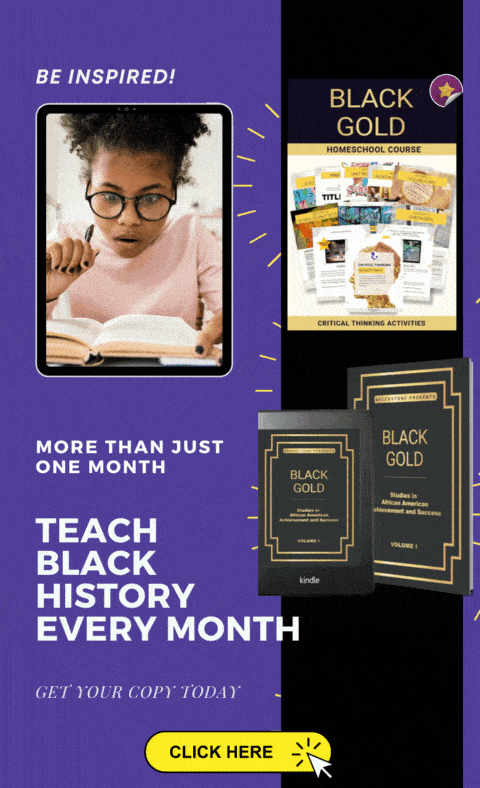

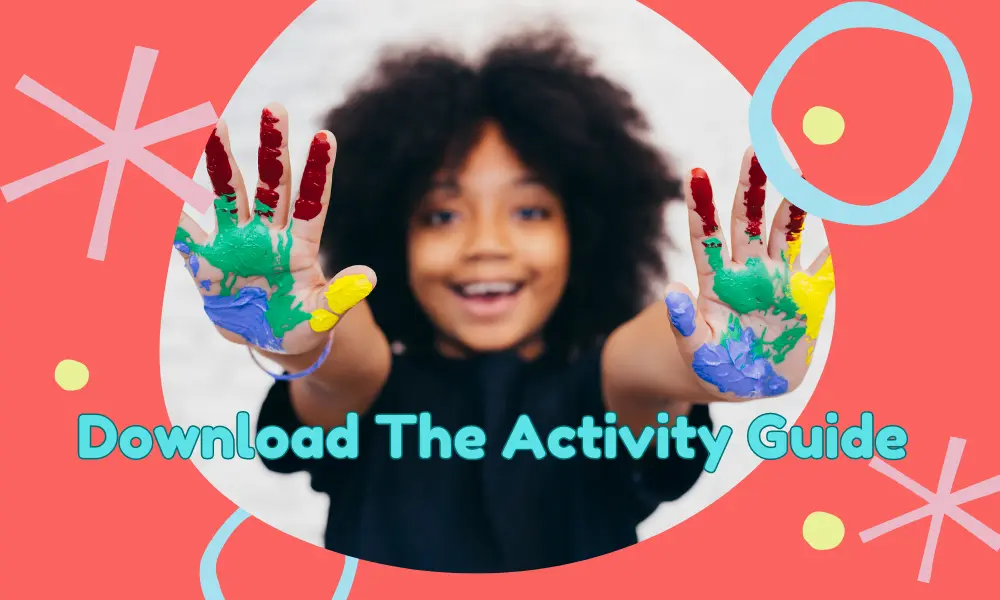

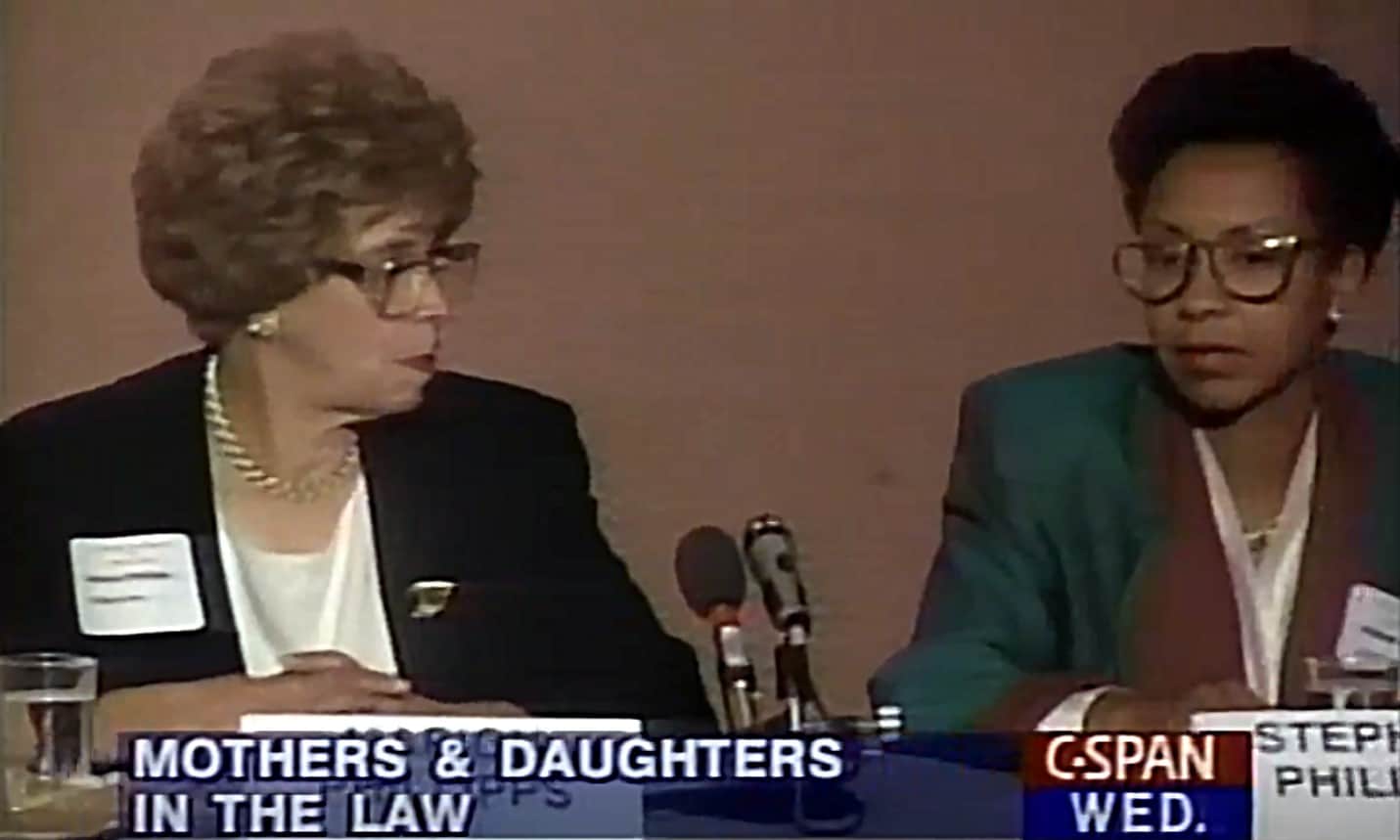
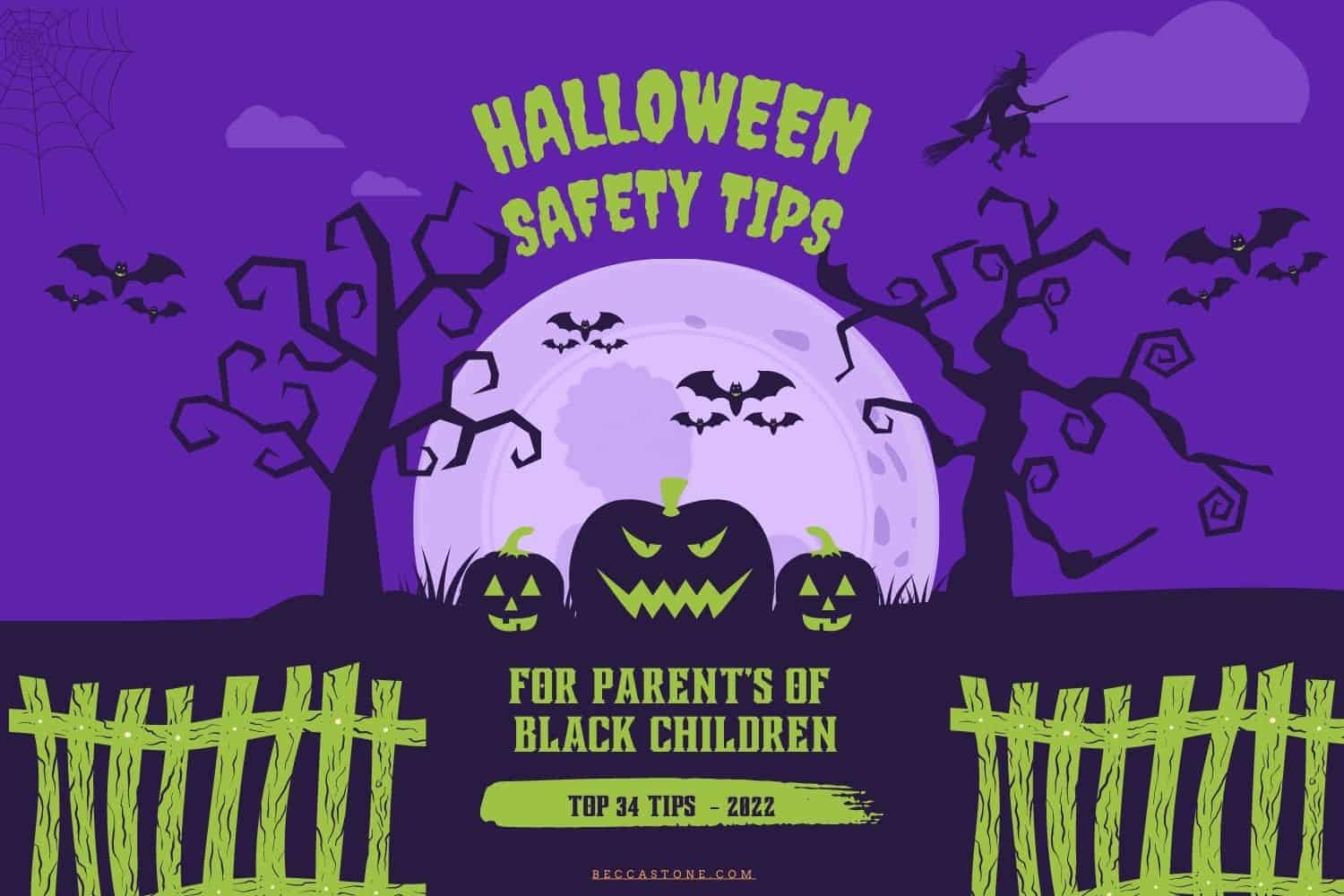
Share your thoughts